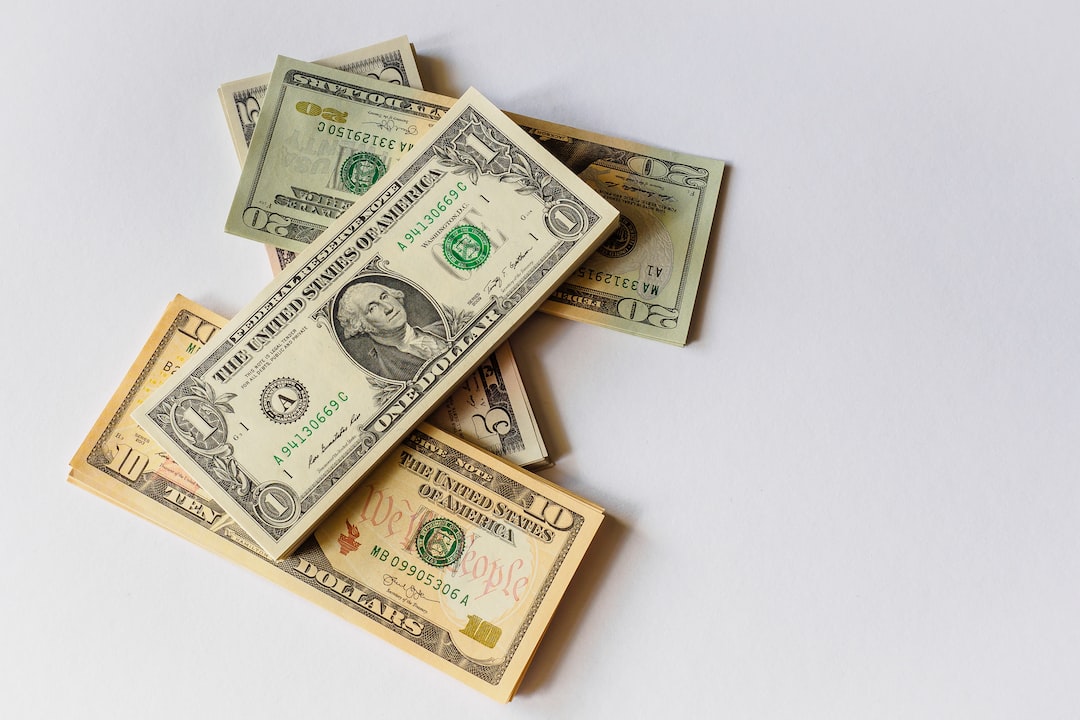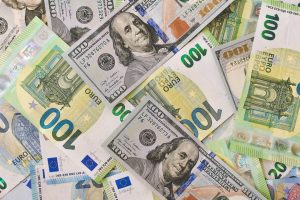When you close a forex trade, the currency doesn’t physically go anywhere. Instead, the transaction is settled electronically through the interbank market. In other words, the currency you bought or sold is simply exchanged for the currency you sold or bought, and the profit or loss is credited or debited to your trading account.
Forex trading is the buying or selling of one currency for another with the aim of making a profit. When you open a forex trade, you effectively borrow one currency to buy another. For instance, if you buy the EUR/USD pair, you are borrowing US dollars to buy euros. If you sell the same pair, you are borrowing euros to sell for US dollars.
When you close a forex trade, you are effectively reversing the transaction. If you bought the EUR/USD pair, you are now selling it back, and if you sold the pair, you are now buying it back. The exchange rate at which you close the trade determines your profit or loss.
So, where does the currency go when you close a forex trade? The answer is that it doesn’t go anywhere physically. Instead, the transaction is settled electronically through the interbank market. The interbank market is a network of banks and financial institutions that trade currencies with each other.
When you close a forex trade, your broker matches your trade with another trader who has taken the opposite position. For instance, if you bought the EUR/USD pair, your broker will match your trade with another trader who sold the same pair. Your broker then settles the trade with the other trader through the interbank market.
The interbank market is where banks and financial institutions trade currencies with each other. Banks and financial institutions trade currencies to meet the needs of their clients, hedge their positions, or speculate on the direction of currencies.
The interbank market is not accessible to retail traders like you and me. Instead, we access the forex market through brokers who have access to the interbank market. When you trade forex with a broker, your broker acts as the counterparty to your trade. In other words, your broker takes the opposite position to your trade.
When you close a forex trade, your broker matches your trade with another trader who has taken the opposite position. Your broker then settles the trade with the other trader through the interbank market. The settlement process involves exchanging the currencies and updating the account balances of the traders involved.
In summary, when you close a forex trade, the currency doesn’t physically go anywhere. Instead, the transaction is settled electronically through the interbank market. Your broker matches your trade with another trader who has taken the opposite position, and the settlement process involves exchanging the currencies and updating the account balances of the traders involved.


